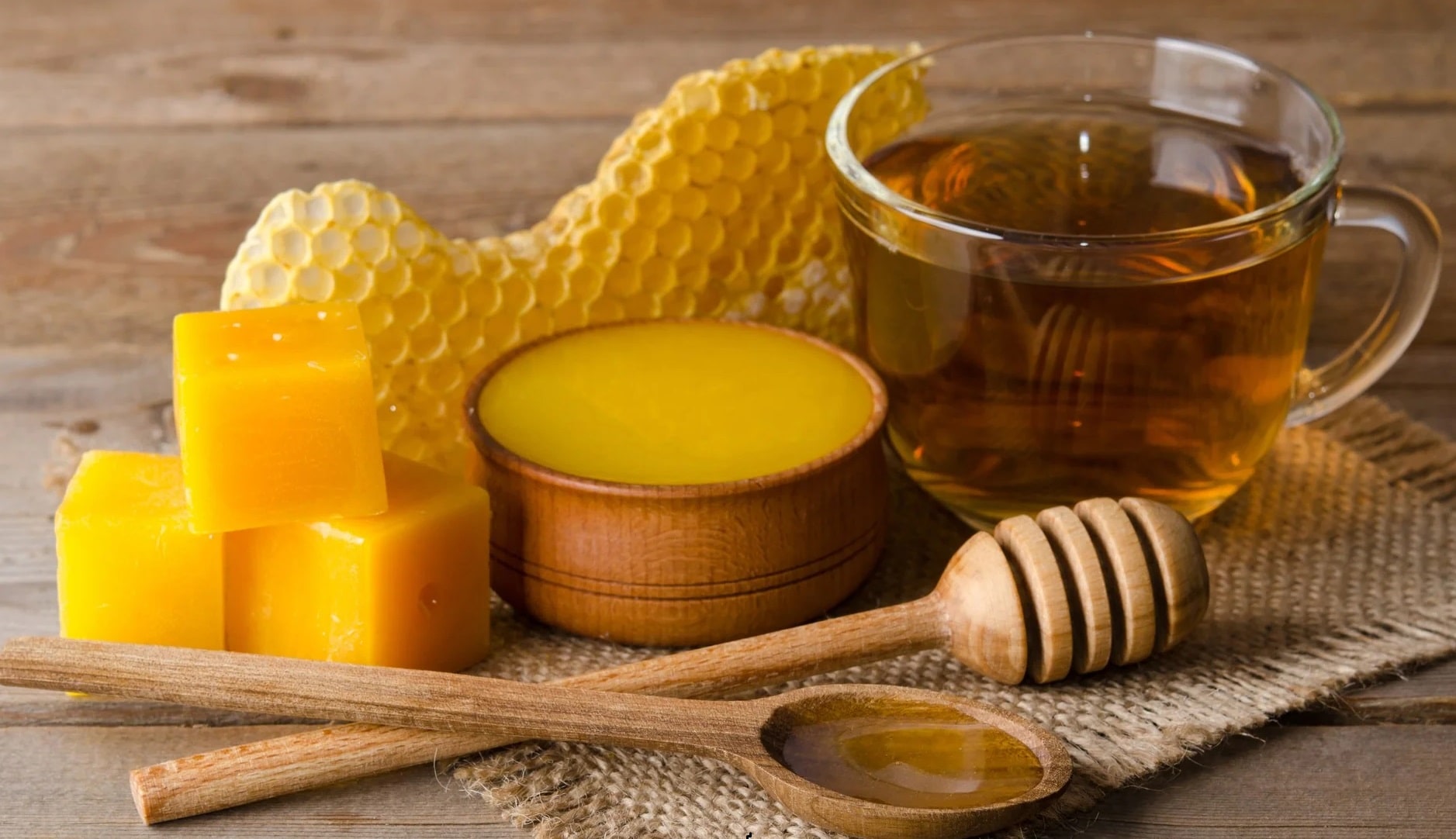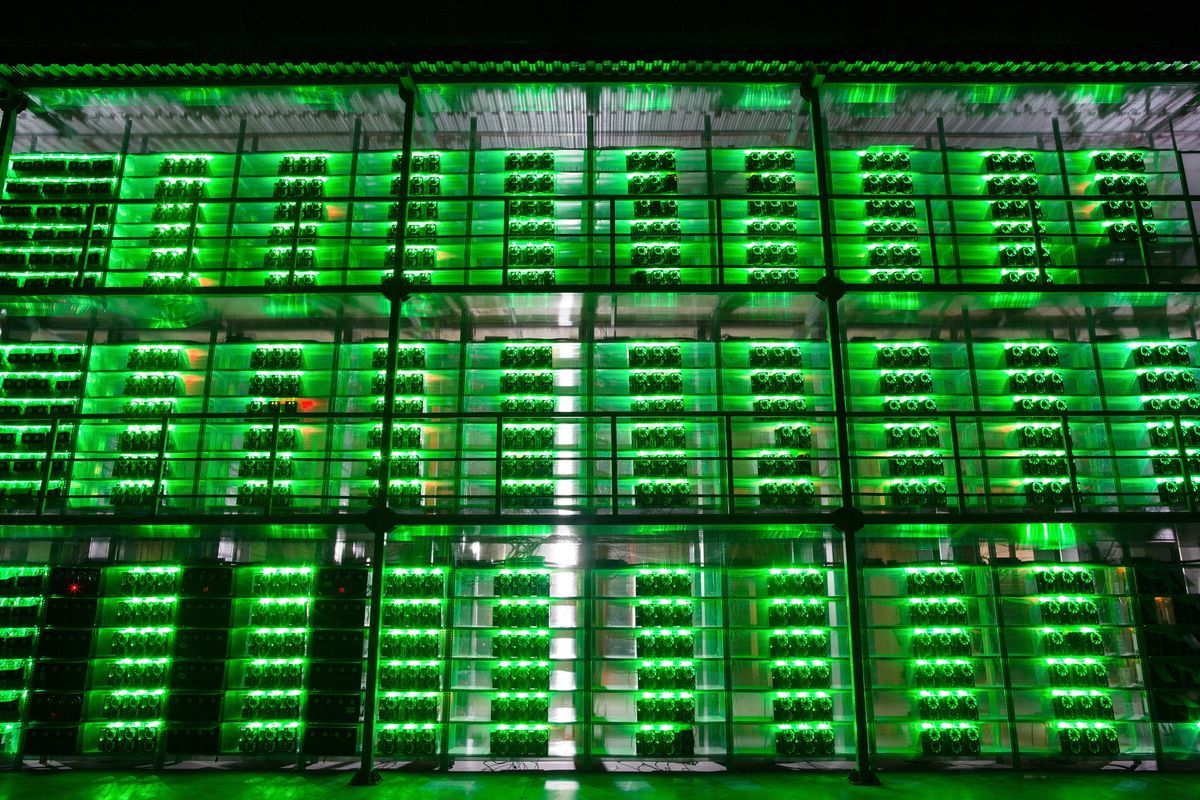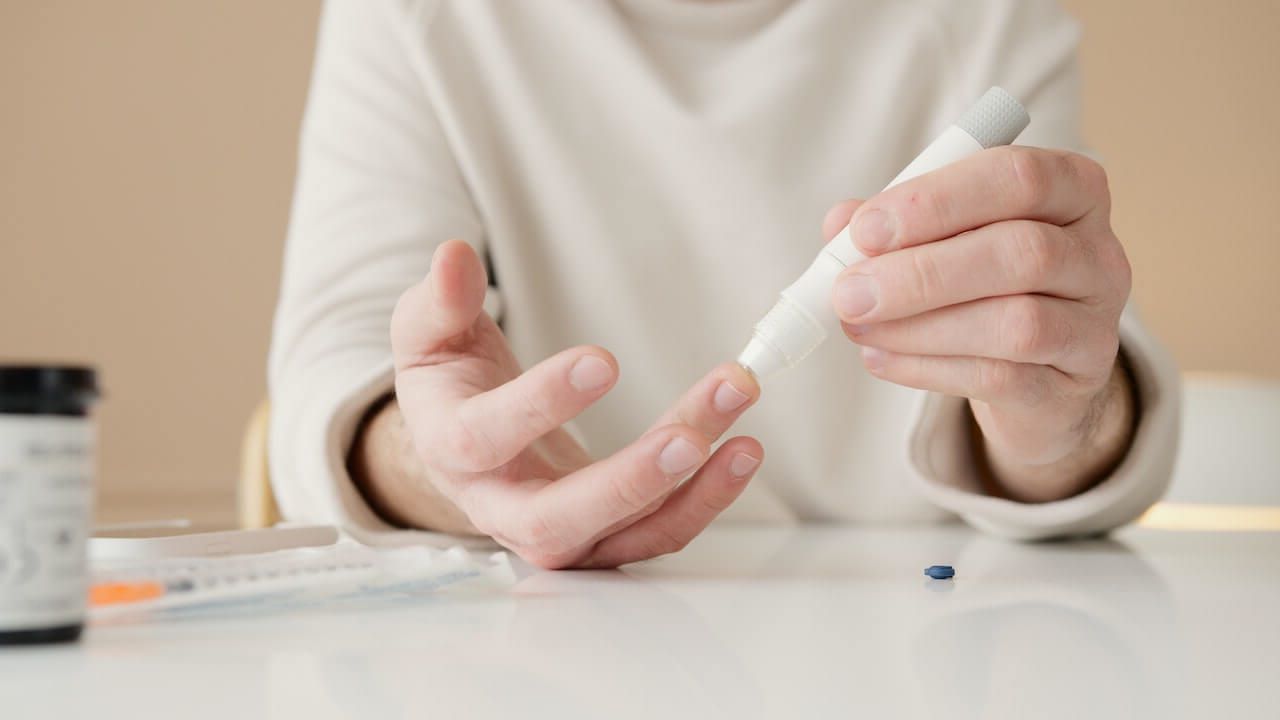
Beeswax is a remarkable natural substance produced by honeybees. It has been utilized by humans for centuries due to its diverse range of applications and benefits. From skincare products to art and crafts, beeswax holds a special place in various industries. In this article, we will delve into 15 fascinating facts about beeswax, shedding light on its composition, historical significance, and modern-day uses. Whether you're a nature enthusiast, a DIY aficionado, or simply curious about the wonders of the natural world, these insights will unveil the captivating nature of beeswax and its enduring relevance in our lives. So, let's embark on a journey to explore the intriguing world of beeswax and uncover the secrets hidden within this extraordinary gift from the bees.
Key Takeaways:
- Beeswax, produced by young worker bees, is a versatile and eco-friendly resource used in candles, skincare, art, and more, showcasing the remarkable collaboration and industry of bee colonies.
- Beeswax, with its high melting point and diverse applications in cosmetics, art, and medicine, has been a valued natural resource for centuries, highlighting the enduring relationship between humans and the natural world.
Beeswax has been used for centuries.
Beeswax, a natural substance secreted by honeybees, has been utilized by humans for various purposes for centuries. Its versatility and unique properties have made it a valuable resource in different cultures and industries.
Beeswax is produced by young worker bees.
Young worker bees secrete beeswax from special glands on the underside of their abdomens. They then use this wax to construct the honeycomb cells where honey is stored and larvae are raised.
Beeswax is a natural and renewable resource.
As a natural byproduct of honey production, beeswax is a sustainable and renewable resource. Its extraction does not harm the bees or the environment, making it an eco-friendly material.
Beeswax has a wide range of applications.
Due to its pliability, natural adhesive properties, and resistance to moisture, beeswax is used in various products, including candles, cosmetics, pharmaceuticals, and even as a coating for cheese.
Beeswax candles burn cleanly and emit a subtle honey scent.
When used in candle making, beeswax produces a clean burn with little smoke and a pleasant, natural aroma. This makes beeswax candles a popular choice for those seeking a natural and eco-friendly alternative to paraffin candles.
Beeswax is a common ingredient in natural skincare products.
Its moisturizing and protective qualities make beeswax a popular component in natural skincare items such as lip balms, lotions, and creams. It helps to lock in moisture and protect the skin from environmental stressors.
Beeswax has been used in art and craft for centuries.
Artists and craftsmen have utilized beeswax in various techniques, including encaustic painting, where pigments are added to molten beeswax and applied to a surface, creating a unique and durable artistic medium.
Beeswax has been employed in traditional medicine.
In traditional medicine, beeswax has been used for its anti-inflammatory and antibacterial properties. It has been incorporated into salves, ointments, and poultices to aid in wound healing and alleviate skin conditions.
Beeswax has a high melting point.
With a melting point ranging from 144 to 147 degrees Fahrenheit, beeswax remains solid at room temperature and requires significant heat to liquefy. This property contributes to its durability and stability in various applications.
Beeswax is a key ingredient in the production of natural soaps.
Its emollient and skin-nourishing properties make beeswax a valuable addition to natural soap formulations. It helps create a rich lather and contributes to the overall quality of the soap.
Beeswax is used in the preservation of leather goods.
Due to its water-resistant and protective qualities, beeswax is applied to leather products to condition and preserve them. This traditional method of leather care helps maintain the material's suppleness and resilience.
Beeswax is an essential component in the manufacturing of cosmetics.
In the cosmetics industry, beeswax serves as a crucial ingredient in the production of various items, including lipsticks, mascaras, and creams, due to its emulsifying and moisturizing properties.
Beeswax has been employed in the creation of seals and engravings.
Historically, beeswax was utilized to create seals for important documents and correspondence. It was also used in the process of engraving, providing a medium for intricate designs and inscriptions.
Beeswax is a popular ingredient in natural hair care products.
Its nourishing and protective characteristics make beeswax a favored component in natural hair care items such as pomades and hair styling products, contributing to hold and shine.
Beeswax is a symbol of industry and cooperation in bee colonies.
Within a beehive, beeswax symbolizes the collective effort and collaboration of worker bees. The construction of honeycomb from beeswax is a testament to the industrious nature of these remarkable insects.
Beeswax, a remarkable substance produced by honeybees, has played a significant role in human history and continues to be valued for its diverse applications. From candle making and skincare to art and medicine, beeswax's natural properties have made it a versatile and enduring resource. Its sustainable production and eco-friendly nature further enhance its appeal in various industries. As we appreciate the myriad uses of beeswax, we gain a deeper understanding of the intricate relationship between humans and the natural world.
Conclusion
Beeswax is a remarkable natural substance that has been utilized for centuries due to its versatile properties. From its role in candle making to its use in skincare products, beeswax continues to be a valuable resource. Its natural origins, sustainability, and numerous applications make it a standout choice for those seeking eco-friendly and effective solutions. As we continue to appreciate and harness the potential of beeswax, it's essential to support sustainable beekeeping practices to ensure the well-being of these vital pollinators.
FAQs
What are the main uses of beeswax?
Beeswax is commonly used in candle making, skincare products, and as a natural polish for wood and leather. Its versatility extends to various industries, including pharmaceuticals and food.
Is beeswax sustainable and eco-friendly?
Yes, beeswax is a sustainable and eco-friendly resource. It is produced by honeybees in a natural process and can be harvested without harming the bees or the environment.
Beeswax's fascinating properties make it a versatile substance with countless applications. From candles to skincare, this natural wonder continues to captivate people around the world. If you're curious about the incredible creatures behind this amazing product, check out our collection of honey bee facts that are sure to sweeten your day. Looking to tame your facial hair? Our reviews of the best moustache waxes and top-rated beard balms will help you find the perfect product for your grooming needs.
Was this page helpful?
Our commitment to delivering trustworthy and engaging content is at the heart of what we do. Each fact on our site is contributed by real users like you, bringing a wealth of diverse insights and information. To ensure the highest standards of accuracy and reliability, our dedicated editors meticulously review each submission. This process guarantees that the facts we share are not only fascinating but also credible. Trust in our commitment to quality and authenticity as you explore and learn with us.


